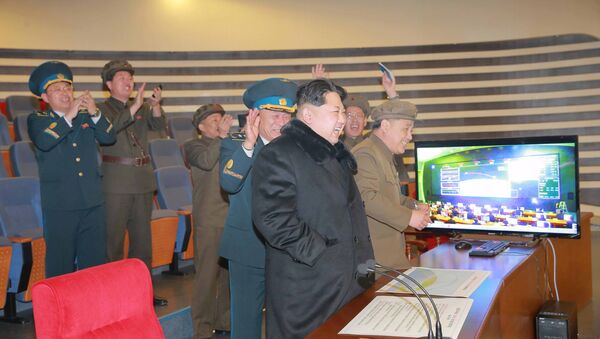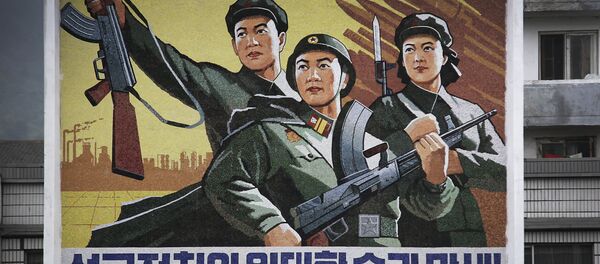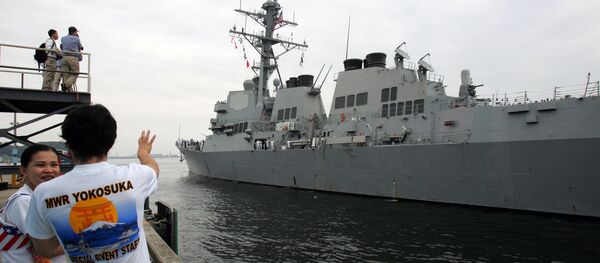Pyongyang has conducted over 20 ballistic missile tests this year and two nuclear explosions. There is concern in Washington that the DPRK could be developing a weapon that could reach the American mainland. Their most recent underground nuclear explosion took place in early September.
At the Council on Foreign Relations, Clapper said "I think the notion of getting the North Koreans to denuclearize is probably a lost cause…They are not going to do that — that is their ticket to survival."
Washington has consistently maintained its position on not recognizing North Korea as a nuclear-armed state. Numerous sanctions, and negotiations to trade aid in exchange for disarmament have not stopped Pyongyang’s nuclear program. Despite this, the US State Department announced that it will continue to demand the communist country’s denuclearization.
Clapper described his trip to North Korea in 2014 to secure the release of two Americans, saying it gave him a "good taste" of the country’s perspective on nuclear development.
"They are under siege and they are very paranoid, so the notion of giving up their nuclear capability, whatever it is, is a non-starter with them…The best we could probably hope for is some sort of a cap, but they are not going to do that just because we ask them. There's going to have to be some significant inducements."
Defense experts in the US believe Pyongyang currently has between 13-21 nuclear weapons, and by 2020 could have as many as 100.
State Department spokesman John Kirby told reporters in Washington that he had not seen Clapper’s comments, and that the US still hopes to resume aid-for-disarmament negotiations, which have been stalled since Pyongyang pulled out in 2009.
Kirby said, "We want to continue to see a verifiable, denuclearization of the peninsula. We want to see a return to the six-party talk process, and that means we need to see the North show a willingness and an ability to return to that process which they haven't done yet," according to Yonhap News.
Clapper acknowledged that the DPRK had not yet tested it’s KN08 intercontinental ballistic missile, a weapon capable of striking the Western US, so its utility is unknown, but he recommended that Washington not wait until the missile is tested to prepare.
"Nevertheless, we ascribe to them the capability to launch a missile that would have a weapon on it to reach parts of the United States, certainly including Alaska and Hawaii…They could do it. We have to make the worst-case assumption here," he said.





